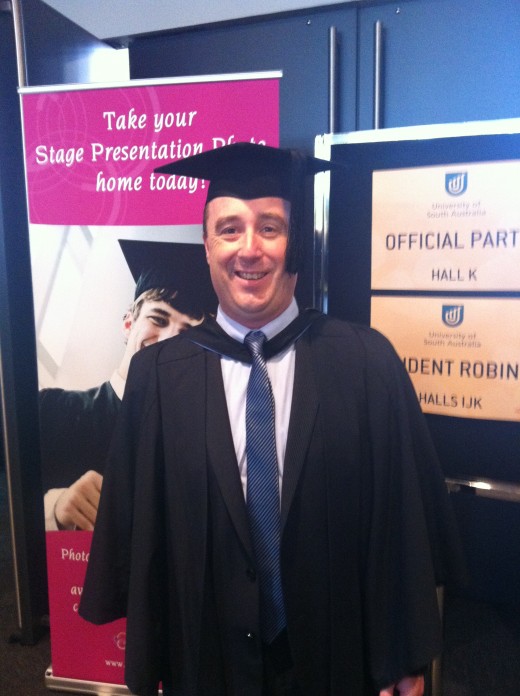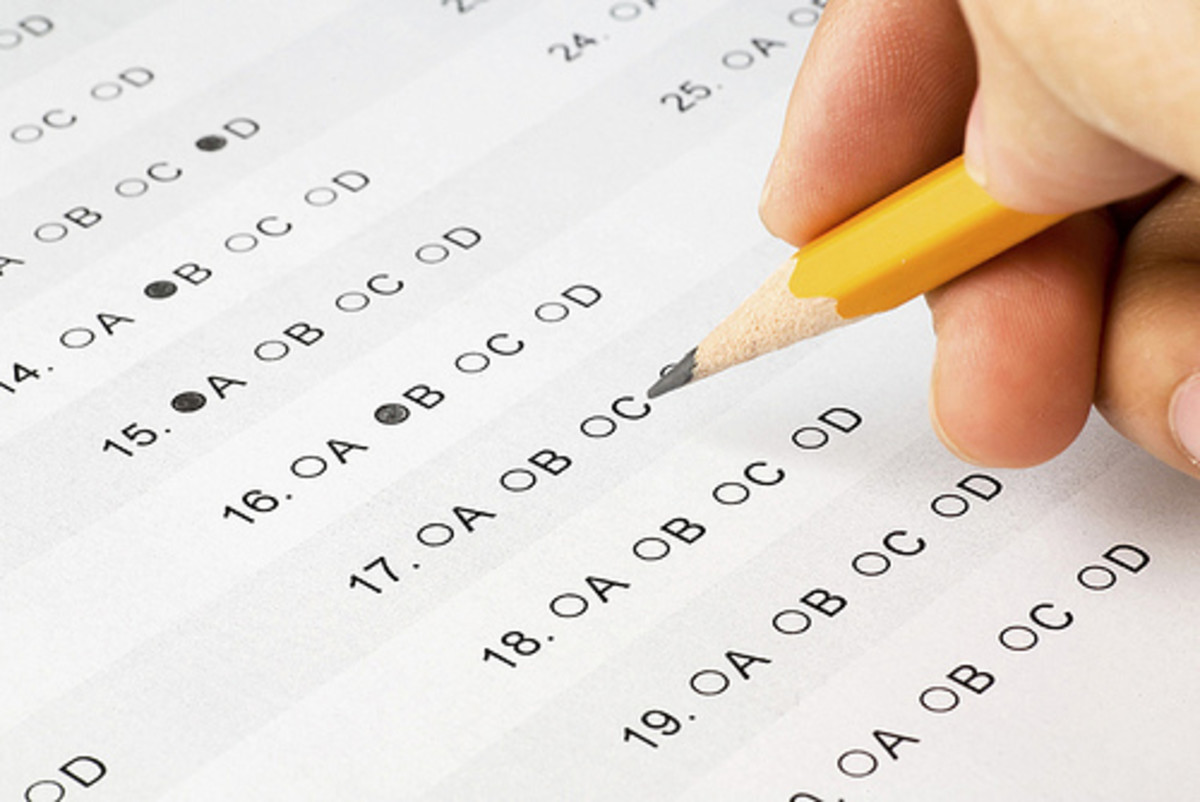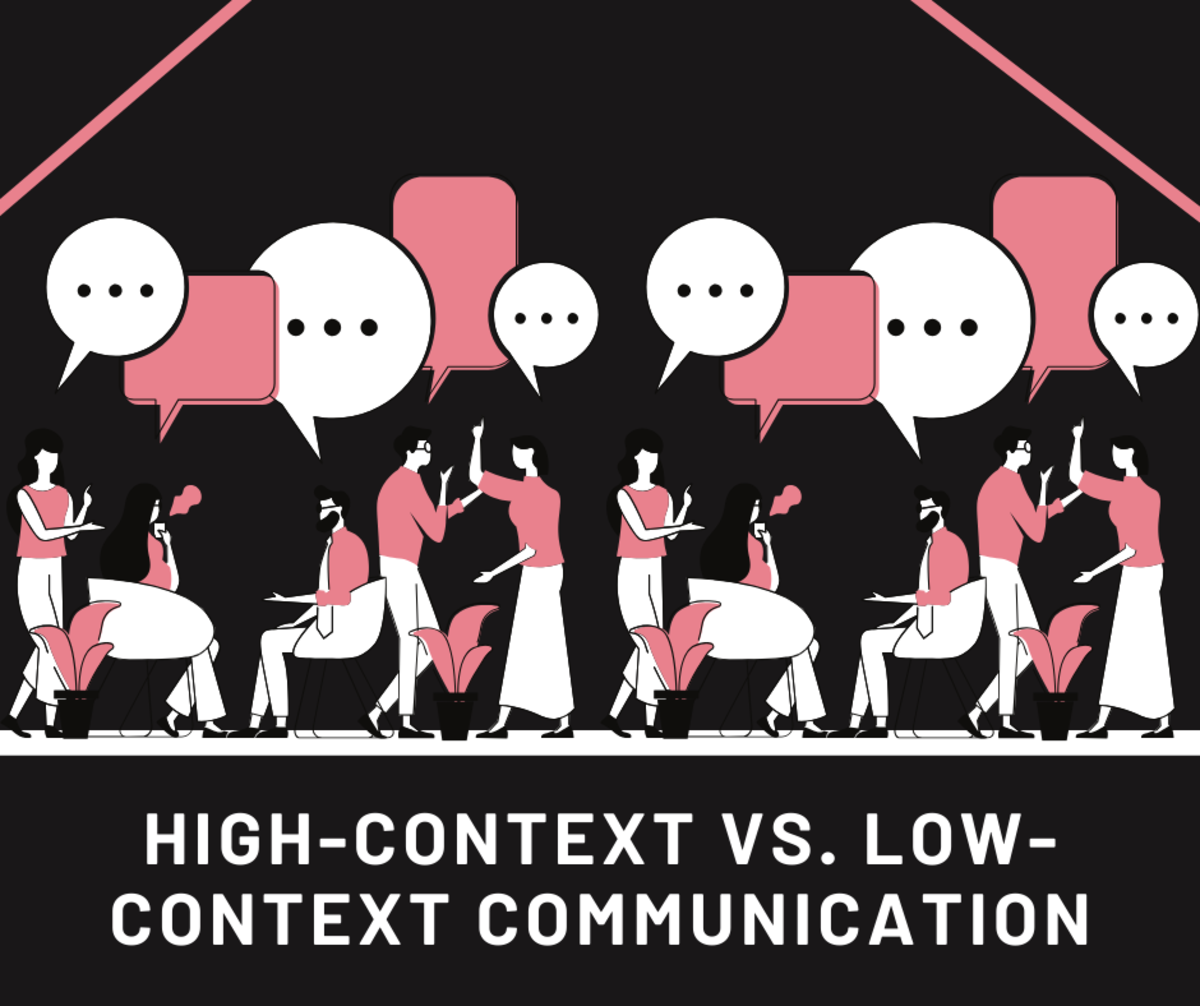Tips for Effective Study for Executives
Back in 1992 I graduated with a degree in Theology from Flinders University and swore to myself that I would never formally study again. Other than some work related courses I was true to my word until 2008 when my manager thought that a MBA would be good for me.
I agreed and was keen to start my new degree with a level of enthusiasm that I didn’t have in my undergraduate degree. I knew that if I was going to sacrifice time with my family and my leisure time to learn then I needed to be dedicated and focussed to ensure that I didn’t waste my time.
Within the first course I would a niche that would allow me to focus on my day job, be a family man and to get high level results in my degree.
This is how I did it.
#1 – Why are you studying?
In my undergraduate days I studied Theology because I had nothing better to do. I lack direction in terms of a career and my only driver was to get a degree and then get a job. This was reflected in my grades, barely pass scores as I wasn’t seeing the study leading to any job and I definitely didn’t want to work in the ‘Church’ industry.
Doing a MBA is a completely different proposition for me. I knew that I would get immediate outcomes to enable me to be more effective in my role, a good score would make me more attractive to employers and if I am sacrificing time then I will get the best scores that I am capable of.
So, I knew that I was studying for a reason, not just a piece of paper.

#2 – Use your time wisely
Every week in post graduate study you will expect to do 10-15 hours of study. Typically this is 3 hours in the classroom, 5 hours reading and between 5-8 hours on papers or preparing for an exam. The key here is to use your available time wisely.
Like many executives I have a busy worklife – in work around 8.30am each day and depending on the day getting home around 6pm with some extra work most nights. I also found that I was tired at the end of the day and not really in the right mood to read or study. Weekends are usually out for me as well due to the need to ferry kids to sports and other activities. On top of this I’m usually away one night a week either visiting suppliers or entertaining.
The tip here is to use available time wisely – I booked out each lecture so that I made sure that my trips never impacted on getting to class (except for the odd overseas or interstate clash) and I used my time on the plane, in the airport lounge or in the hotel room to read and plot out the papers. This ‘downtime’ became great study time for me.
The other element was to maximise my tendency to early rise each day. I normally get up around 5am daily, so instead of reading a novel or watching live sport (usually European/UK Soccer) I used this time to write, especially as I felt refreshed after a good night’s sleep.
To me it was important to maximise the time I had available to ensure that I could manage all of my responsibilities while also trying to get good scores.
#3 – Listen to your Lecturers
Your lecturers or tutors will give you hints on what they want you to deliver. Listen intently and if in any doubt ask and ask again. With one lecturer I even showed them a draft paper with all of the paragraph headlines in bold to seek feedback. I then used this information to edit a better paper.
Once you click into the lecturers preferred mode of communication, style and requirements this will help you to craft a better paper that will enable you to get a better score.
Another important element is to ask questions during lectures and to be ready to answer or input into the classroom discussion. This demonstrates that you have done your pre-work and are here to learn. This will also increase your overall grade.
Summary
In summary there are three tips for Executives to enable a better outcome for post graduate style study. These are:
1. Know why you are studying and what are your goals
2. Use your time effectively, read on planes, in hotel rooms, get up early to make time to study
3. Actively listen to your lecturers, prepare for class and ask questions
These tips will help your score, assist your effectiveness in taking theory and applying it and it will make your MBA a more enjoyable experience.
If you ever hear the phrase ‘P’s get degrees (passes get degrees)’ then maybe challenge the person who said this, because while a P is a pass, it means that the experience for you may be a piece of paper, not a career changing proposition. Cheers Michael









